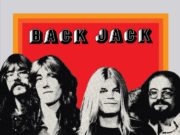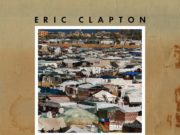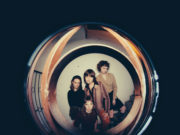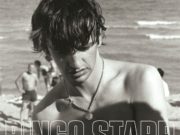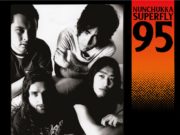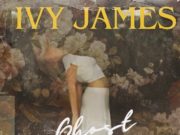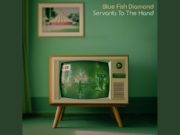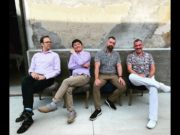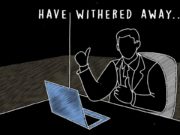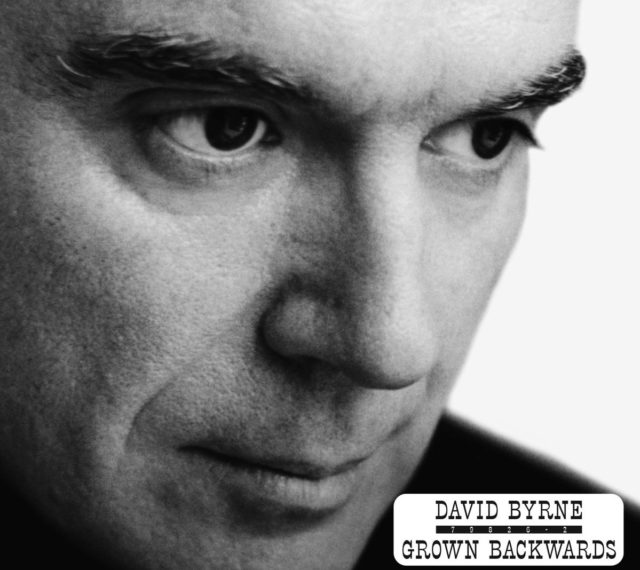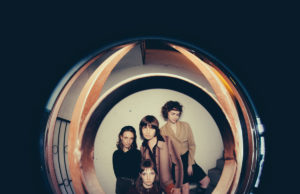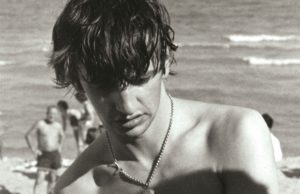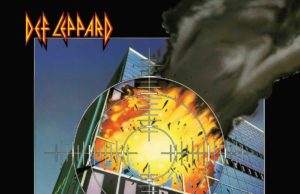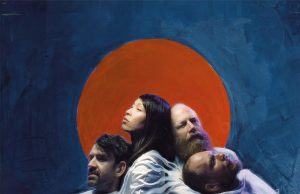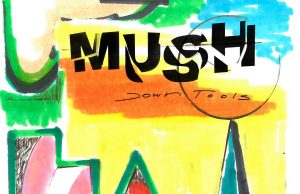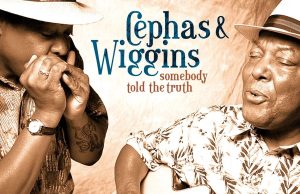This came out in 2004 – or at least that’s when I got it. Here’s what I said about it back then (with some minor editing):
I admit it: Most of the time, I don’t know what the hell David Byrne is up to. I just know he’s up to something. And usually, it’s something interesting.
From his earliest days at the helm of post-punk funksters Talking Heads to his recent forays into Latin music, he has remained one of rock’s most unpredictable, intellectual and enigmatic figures. Grown Backwards, his seventh solo disc, adds a few more pieces to the ever-expanding puzzle that is Byrne. This time, rock and frenetic grooves are out; classical strings, lush orchestrations and opera — yes, opera — are in. During this 58-minute set, Byrne ambitiously undertakes Bizet’s Au Fond du Temple Saint (a duet with Rufus Wainwright) and Verdi’s Un di Felice Eterea. And while he’s a long way from taking Pavarotti’s place in The Three Tenors, he doesn’t embarrass himself either. Indeed, Byrne seems more than comfortable in this artfully civilized pose; the rich horn lines and string arrangements that colour new originals like Empire, The Other Side of This Life and Glad serve to make this 15-tracks disc one of Byrne’s more thematically consistent outings. Itisin’t all classical; the snappy soul-funk of Dialog Box, the electro-squiggle of Lazy and a couple of lightly spiced grooves mix things up a bit. But in general, Grown Backwards could serve as the score to an experimental off-Broadway production. I still don’t quite know what Byrne is up to here — but I can assure you he’s up to something good.


